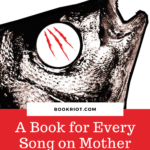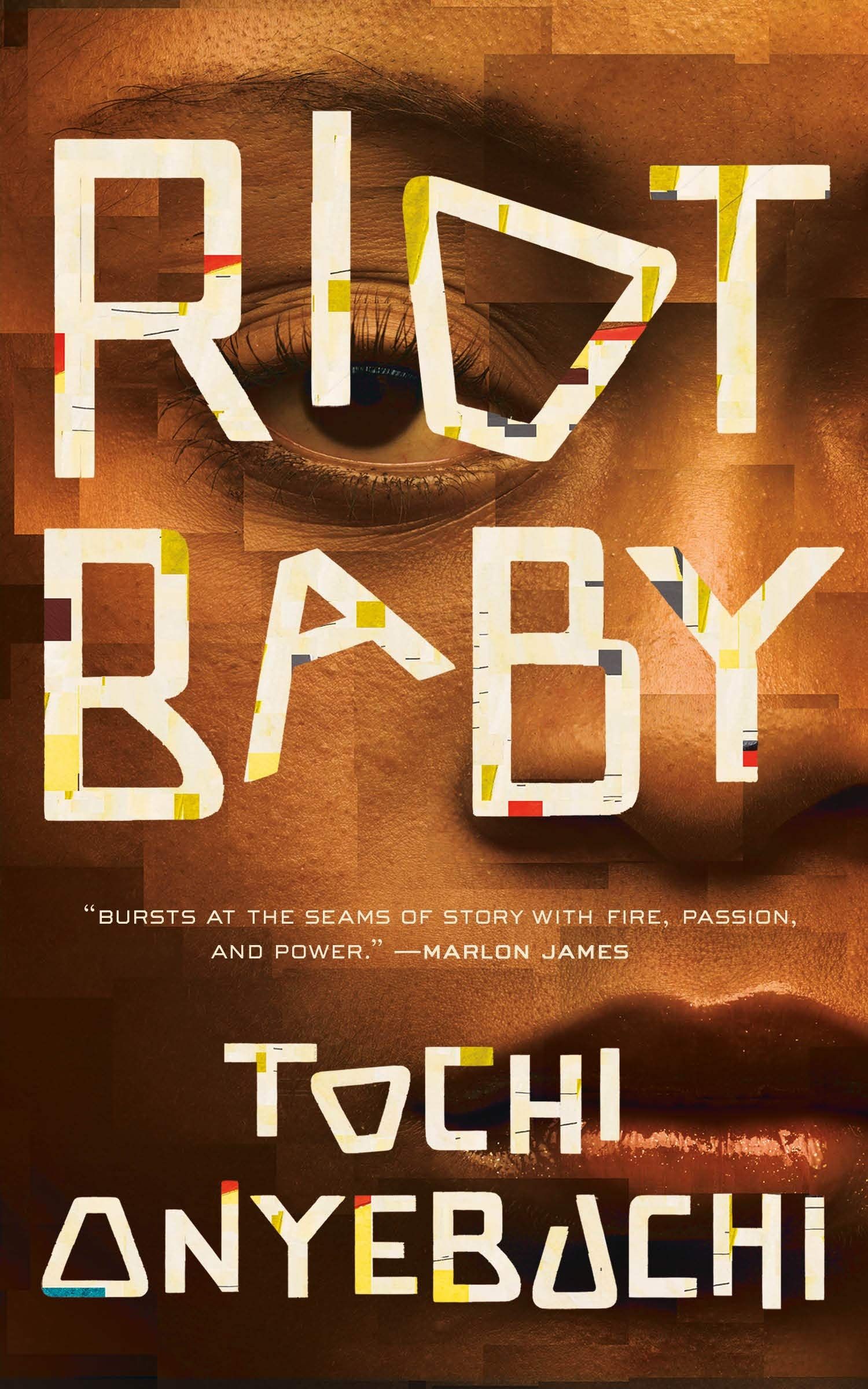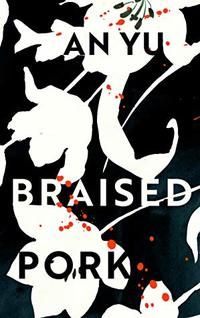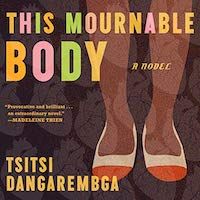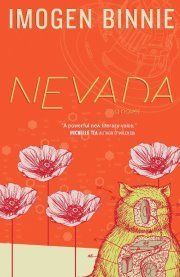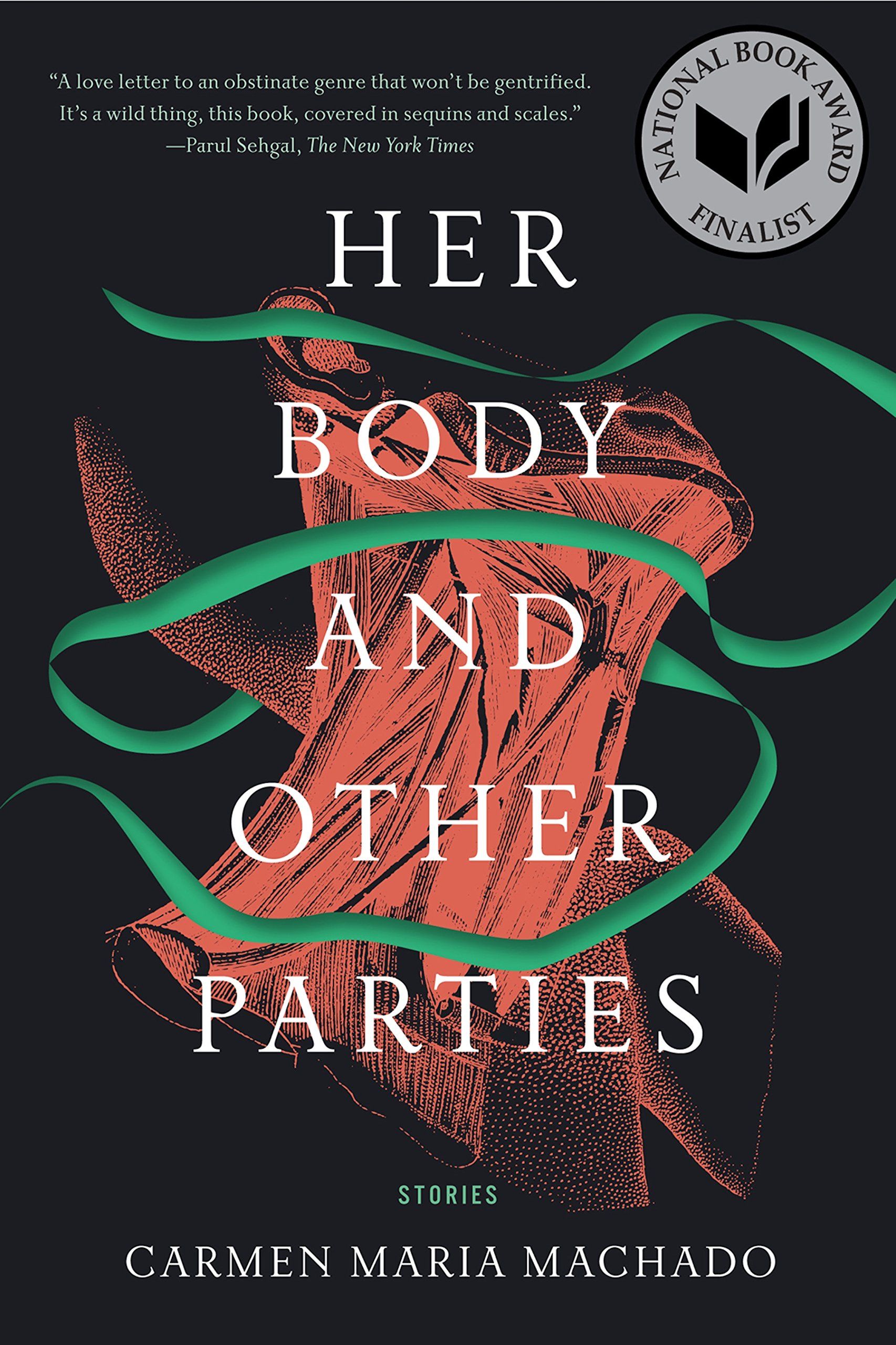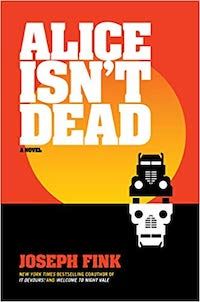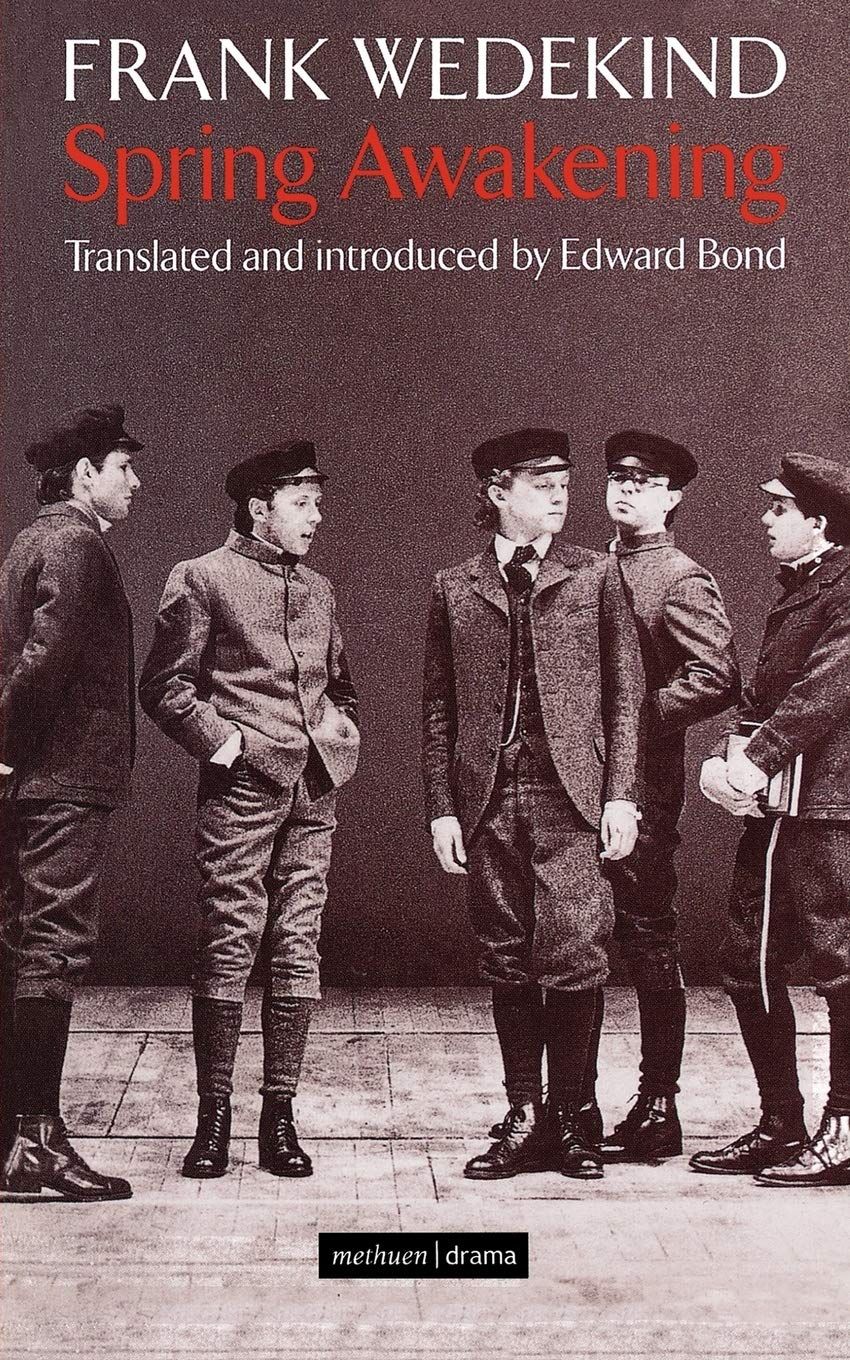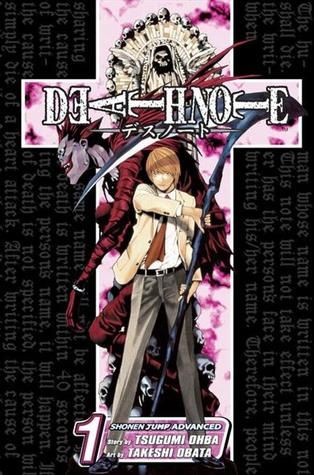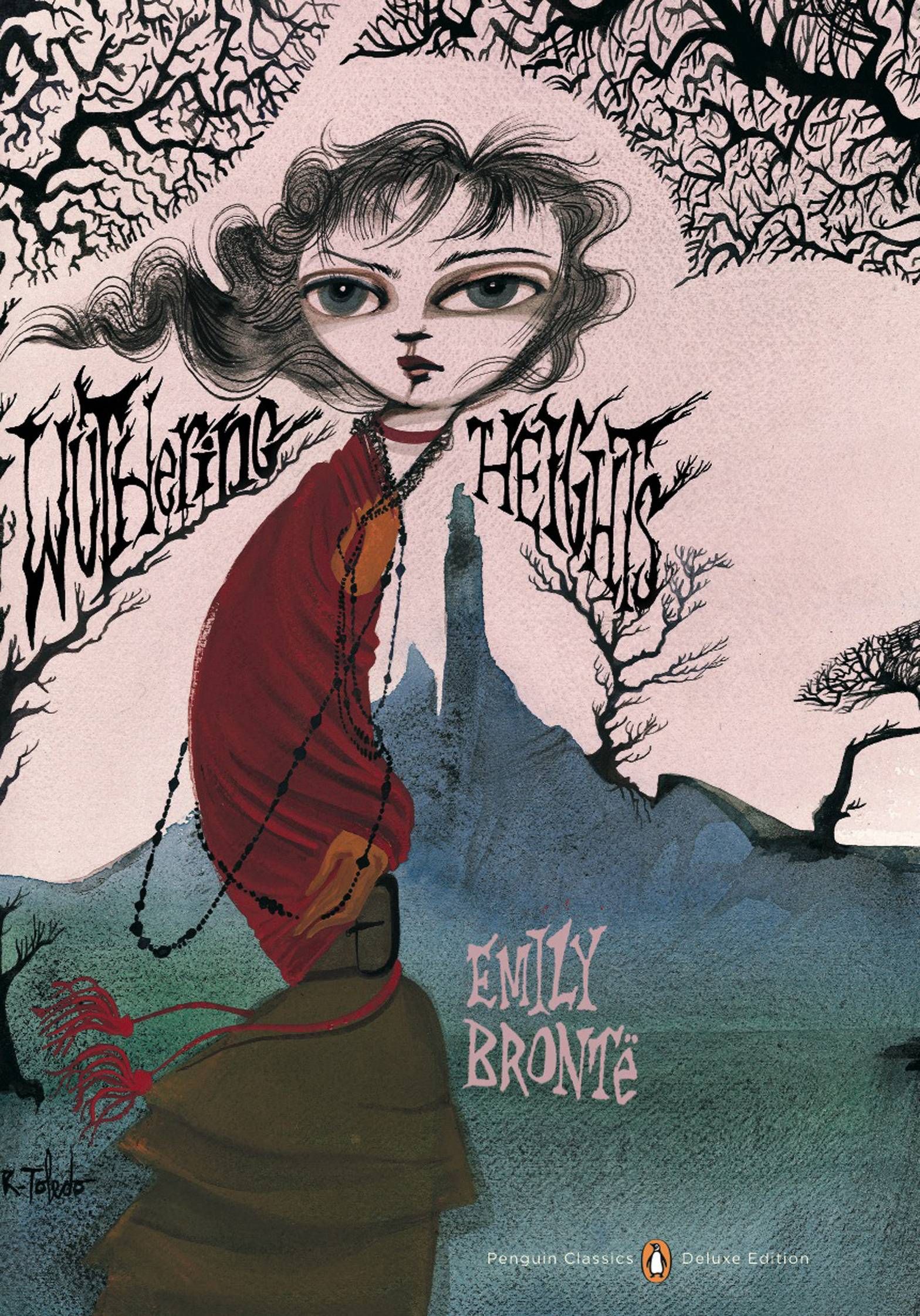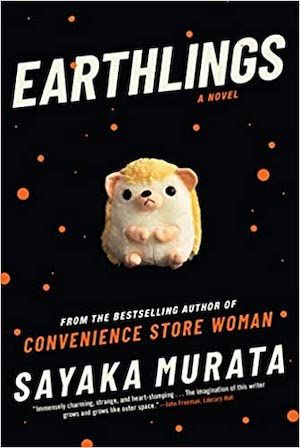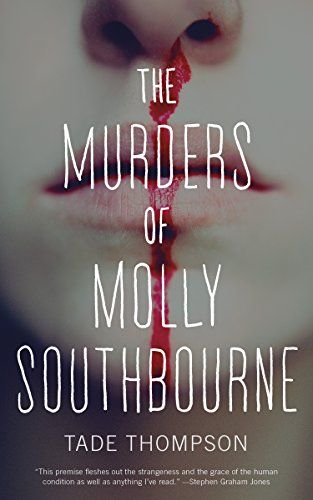I don’t think the popularity is surprising; the album is packed with bass lines and vocals that get under your skin, and lyrics that speak to dissatisfaction with oneself, with our attempts at trying and failing to get things right or pretty, a general disconnection from expected norms and how that can be both freeing and nightmarish. Following a year dominated by dislocation – from friends and the outside world, and maybe even ourselves – I think it is no wonder that O My Heart has become so resonant yet again. But, which book should you read based on your favourite song on O My Heart? Scroll through and find out!
O My Heart
Burning Pile
Body of Years
Try to Change
Wisdom
Body
Ghosting
Hayloft
Wrecking Ball
Arms Tonite
Miles
Sleep Awake
Looking for more books inspired by your music tastes? Check out our recommendations for books like Taylor Swift’s Evermore or take a listen to our cultivated playlist of songs that will be sure to match your reading mood. Yoshida’s genre-busting manga Banana Fish is the perfect parallel to this song, as it follows the dynamic between a teen American gang leader and a Japanese journalist who are unexpectedly embroiled in the hunt for clues about a mysterious drug called Banana Fish. Action scenes aside, it’s primarily a narrative about finding genuine connections with others, and overcoming the past trauma of your life that may have lead you to become cold or generally uncertain about what love or friendship involves; what is real loyalty when you have lived looking over your shoulder to see if your ‘friends’ will betray you to the powerful? What is real love when you have been hurt and turned into a tool for others to use, not care for? Banana Fish is an intimate and tense exploration of what happens when the unsteady foundations of our hearts are challenged or unsettled even more. Riot Baby is a science fiction novella that similarly tackles the ways in which power can be controlled and utilised as it navigates solutions to ending systemic violence, oppression, and prejudice – specifically America’s oppression of Black people. Following a pair of siblings, one who is unjustly imprisoned and another who has god-like reality-warping superpowers, this short but impactful story uses its increasingly dystopian setting to weave a striking tale of family, destiny, and the fires that start revolutions. An appropriately moody and fabulist novel, Braised Pork follows a young Chinese woman who is dragged into the murky history of her family after her husband is found dead in the bath at their apartment. With only an intriguing drawing of a fish man as a clue to what prompted her husband’s apparent suicide, Jia Jia find that she cannot move forward without first submerging herself in the past, until she herself is sucked into a dark water world of doubt, pain, and terror for what lies beyond her traumatic present. A compelling and quiet novel that discusses the way the scars of our loved ones still haunt our own bodies, Yu’s debut is contemplative partner to this weary tune. The protagonist of Tsitsi Dangarembga’s latest installment in the Nervous Conditions series, Tambudzai, is trying to change her life by seizing any opportunity she can for money and stability. However, the lingering violence of colonialism haunts and twists her home country of Zimbabwe, that may now be independent from British control, but struggles to find its feet. Tambudzai resents how capitalism keeps her crushed beneath its heel, how her culture is stripped to stereotypes in the interest in tourism, and wrestles with her love of her country as a result. As her mental health declines and she reunites with old family to heal, Tambudzai’s story explores how the opportunities for change are not freely available as a result of colonial, capitalist control, and how to cling to hope in an age of slow, sore recovery. Imogen Binnie’s fantastic slice-of-life/coming-of-age novel, Nevada, is about a 20-something trans woman, Maria, who wants to keep living her punk lifestyle in New York with her girlfriend and bicycle and drugs, but clashes with the cold reality of rent, retail work, and relationship breakdowns. Maria’s internal dialogue about gender, sex, and work are compelling, hilarious, and relatable, and perfectly resonate with the self-deprecating vibes of ‘Wisdom’ as she does her best to resist what society wants of her while simultaneously hoping for things to make sense eventually. Twisted, grotesque, but beautiful, Machado’s short story collection Her Body and Other Parties is a gruesome anthology obsessed with cumbersome bodies, laden with patriarchal pain and morphed beyond recognition as a result. From retellings of fairytales to horrific scenes of fading women, this collection is a perfect tour of gothic femininity and how it can be robbed, reclaimed, or resurrected. A novelisation of the podcast of the same name, Alice isn’t Dead is about Keisha, a young woman who becomes a truck driver to find her missing wife. Taking the strangest tour across America possible, Keisha encounters many morbid figures, including the Thistle Men, who consume and consume and consume. However, while escaping from these sinister fiends is a priority, the emotional engine of the novel is the exploration of Keisha’s feelings about her relationship to Alice; how Alice haunts her, even though she isn’t dead, and if you can still love someone even if you only remember their ghost. Frank Wedekind’s tense exploration of the ways in which the control of language and understanding, by overbearing parental figures and, by extension, general society, dooms the younger generation, is a fantastic parallel for this track on the album. Attempts to learn more about sex, adolescence, and how to navigate the terse world of grown-ups are met, in this book, with violent reprimands, death, and fear as a group of school friends struggle to comprehend their place in the world. The underlying angst and feelings of confinement are rife throughout this story as communication fails and all these teenagers can do is run from the inevitable chaos of their ignorance. It’s also the perfect companion to Death Note, the famous supernatural thriller about Light Yagami, who uses the opportunities provided by the eponymous diary to wipe the world of evil; at least at the beginning. Light is a fascinating antihero – or, as the series progresses, villain – because of his illusions of grandeur, the belief that he is better, more evolved, than everyone else around him and therefore worthy of the divine right to choose who lives, dies, or bows to his will. Light, the fist amidst the hands, is less reckless than the titular wrecking ball of the song, but the glee he takes in his poetic justice makes this manga a great embodiment of Mother Mother’s prideful cry for destruction. Similarly grim and wistful, Brontë’s Wuthering Heights is a novel whose central romance might have you grimacing and raising concerned eyebrows, much like the commentary in ‘Arms Tonite’ about dying in front of someone being adorable might. It’s a troubling and ensnaring book about ghosts and the passion of haunting, privilege, and two conflicting families clashing over moody English moors – what other classic tale could capture the dysfunctional, yet controversially romantic, atmosphere of Mother Mother’s brand of love? A masterpiece of horror that contrasts the beauty of imagination with the gore of reality, Murata’s latest novel translated into English is a grim and stunning portrayal of one young woman’s pursuit of freedom from the terrors of her world. Long-ignored victim of assault and neglect Natsuki believes that she is an alien with Sailor Moon–style superpowers and a talking animal companion, who persuades her to take control of her fate and escape ‘The Factory’, defeat evil witches, and contact her mothership – by any means necessary. A lovely fit for this song’s idealistic, but implicitly impossible, hopes, Earthlings is an achingly sad and shocking tale of what lies at the end of those miles and miles of Natsuki’s trudge towards happiness; what does it mean to ‘take it easy’ when you’re not an Earthling? I highly encourage you to look at trigger/content warnings for this one before finding out. Tade Thompson’s short sci-fi novella The Murders of Molly Southbourne is a bizarre and complex story following the eponymous Molly, who has been trained her whole life to kill evil doubles of herself that pop up out of nowhere whenever she sheds blood. As she grows up and begins a vicious hunt for the truth about her condition, Molly is further isolated from relationships and the world as her unique disposition threatens to consume more than just her own sense of self. Unable to settle, unable to rest, Molly’s development into a living weapon, prime to strike down another living being at the slightest drop of blood, sapped of the potential for a quiet life, easily parallels the hyper-vigilance of this closing track.
